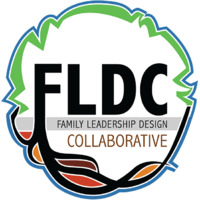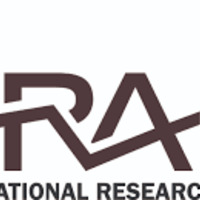-
Title
-
Advancing Educational Justice Given the Benefits, Challenges, and Potential of Participatory Action Research
-
Abstract/Description
-
Improving education involves exerting voice, power and influence over educational practice and policy making. Such acts are typically associated with K-12 educational leaders vested with formal authority. Youth, families, and other community members, however, can employ social agency and political citizenship in sophisticated ways that also affect educational change and constitute leadership (Author, 2015; Briscoe & Khalifa, 2015; Cox, 2015; Ishimaru, 2014; Patel, 2016; Schultz, 2006).
In this paper, authors assess the first year of a partnership involving university researchers and a community-based organization (CBO) that is pursuing educational justice in Detroit, Michigan. CBO members— mainly ethnically diverse and low-income adults and youth— strive for equity-oriented, public school reform. They actively participate in educational lobbying, coalition building, and grassroots activism. They also navigate contentious, neoliberal political contexts and unstable governance structures. CBO members have joined with university researchers to co-design and co-implement a participatory action research (PAR) study to reflect upon and advance this work. PAR brings differently situated individuals together to do research that leads to social action (Fine & Torre, 2004). Through PAR, CBO members are learning how to conduct original research and explore specific topics related to their reform priorities, such as special education access and equity. They will then marshal data to propose practical solutions to their neighbors and educational officials. University researchers are involved in this PAR partnership to study the community organizers’ educational activism and also to be a part of conducting research that has an immediate, equity-oriented impact. Indeed, both groups are using PAR to reassert democratic participation in an urban educational reform arena where it is often blocked (Green, 2015; Author, 2015).
In line with PAR objectives, findings from the partnership study suggest that PAR privileges, highlights and leverages the experiential knowledge and inquiry of marginalized citizens and strengthens their leadership (McTaggart, 1991; Pant, 2014). University researchers are important collaborators who offer research support and facilitation, but strive to not drive the group’s inquiry procedures. Still, the collaboration is not without challenges given partners’ varied needs, positionalities, areas of knowledge, and competing priorities and commitments—a common reality of collaborative inquiry work (Author, 2006; Bang & Vossoughi, 2016; Fine & Torre, 2004; McIntyre, 2008).
PAR, at its best, is an educative process anchored in collaborative meaning-making that yields community change and groups’ increased social efficacy (Fuentes, 2009), but it is not power neutral (Fine & Torre, 2004; Bergold & Thomas, 2012). Authors, including a CBO member, examine these dynamics in their past and ongoing work together. Forty hours of participant-observation data and 10 interviews help authors address: 1) How do university and community-based researchers collaborate to design and implement a PAR process that advances educational justice? 2) How does this process affect partners’ learning and internal relationships? 3) How does the process affect the CBO’s realization of their reform goals? Scholarship about educational activism, community-based leadership, and collaborative research inform the analysis. Findings stress the benefits, challenges, and potential of using PAR and university-community partnerships to conduct research for positive social impact.
-
Date
-
April 29, 2017
-
At conference
-
AERA Annual Meeting
-
IRE Approach/Concept
-
Participatory Action Research (PAR)
-
Community-Based Organization (CBO)
-
Educational Justice
-
Collaborative Inquiry
-
Open access/full-text available
-
en
No
-
Citation
-
Wilson, C. M., Nickson, D., Wilson-Clark, D., & Hetrick, C. (2017). Advancing Educational Justice Given the Benefits, Challenges, and Potential of Participatory Action Research. AERA Annual Meeting, San Antonio.
 Family Leadership Design Collaborative (FLDC)
Family Leadership Design Collaborative (FLDC)
